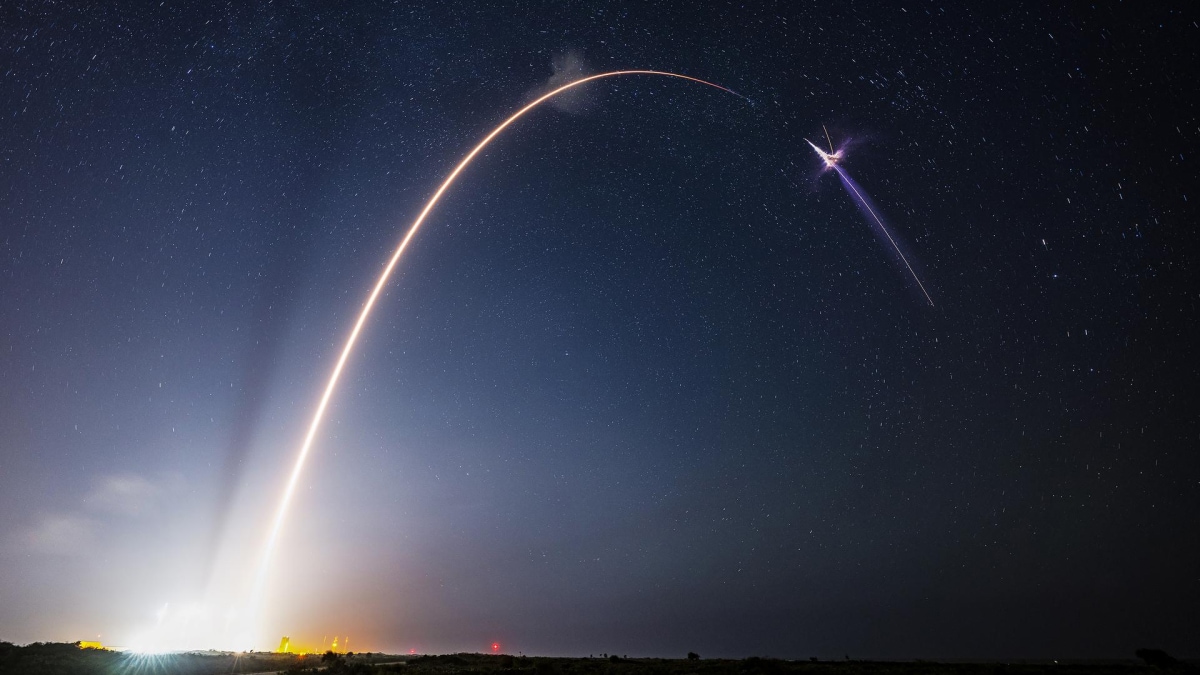The year 2025 is set to witness significant milestones in space exploration as multiple countries prepare to launch missions aimed at deepening scientific understanding of the cosmos. A diverse range of objectives will be undertaken, from lunar exploration to asteroid sampling and planetary flybys. These missions are designed to enhance knowledge about the origins of the solar system, support technological innovation, and explore new possibilities for human and robotic spaceflight. As reported by The Conversation, here is a list of Space Missions scheduled for 2025.
Lunar Missions by NASA and Japan
NASA's Commercial Lunar Payload Services (CLPS) initiative will continue its lunar exploration efforts through collaborations with private companies like Astrobotic, Intuitive Machines, and Firefly Aerospace. These missions will carry instruments to study lunar geology, test new technologies for human exploration, and collect environmental data.
In January, Japan's M2/Resilience mission will deploy a lander and micro-rover to the Moon. research
on lunar soil composition and water-splitting processes will be conducted to assess the potential for generating oxygen and hydrogen. Advanced navigation systems and autonomous operation technologies are expected to be demonstrated as part of this mission.
Asteroid and Comet Exploration
China's Tianwen-2 mission, planned for May, will collect samples from the asteroid 469219 Kamoʻoalewa before heading to the comet 311P/PANSTARRS. Insights into the early solar system's formation and the origins of organic materials on Earth are anticipated from these samples.
NASA's Lucy mission will conduct a flyby of the asteroid 52246 Donaldjohanson in April, offering data on ancient asteroid composition.
Orbital and Deep-Space Research
The European Space Agency's Space Rider uncrewed spaceplane is scheduled for its maiden flight in 2025, focusing on microgravity experiments and technological demonstrations. Flybys by missions like ESA's JUICE and NASA's Europa Clipper will provide critical momentum for their journeys to Jupiter's moons.
With missions from leading agencies, 2025 is expected to significantly advance space exploration and technological development.


